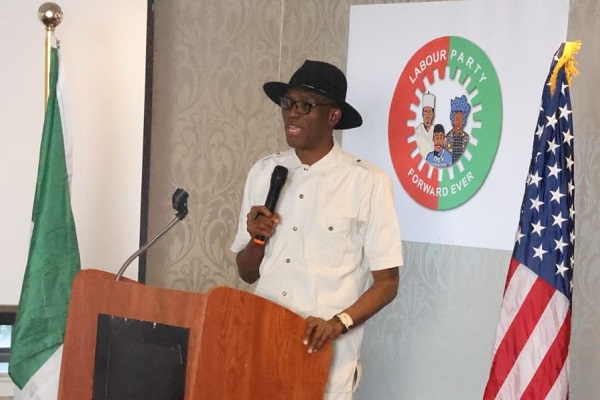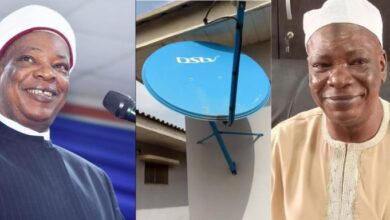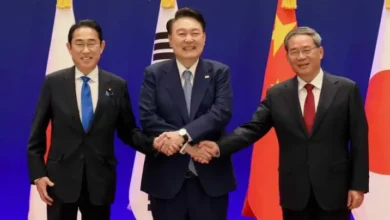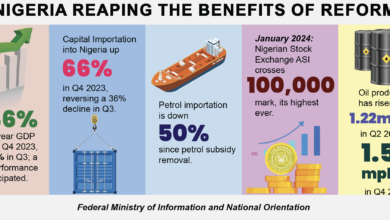Abure-led NEC launches probe into Otti amid internal dispute

The Labour Party’s National Executive Council (NEC) has initiated an investigation into Abia State Governor Alex Otti over alleged anti-party activities.
During its May 2 meeting in Abuja, the Julius Abure-led faction established a disciplinary committee to examine the claims within two weeks.
Additionally, the NEC reviewed other members accused of breaching party rules, signaling a crackdown on internal dissent.

Dr. Ayo Olorunfemi will chair the investigative panel, which aims to resolve the disputes before the 2027 elections.
Meanwhile, the party reaffirmed plans for its 2024 National Convention, originally scheduled for March 27 in Nnewi.
Officials confirmed INEC received prior notice in December 2023, with delegates already elected nationwide to participate in the proceedings.
Furthermore, the NEC defended the convention’s legitimacy, citing compliance with Nigeria’s constitution and electoral laws.
The Abure-led faction asserted its authority, endorsing the newly elected National Working Committee to unify the party ahead of future polls.
The council also welcomed the Supreme Court’s April 4 ruling upholding party autonomy, which strengthened its position against rival factions.
This decision reinforced the NEC’s mandate to enforce discipline and oversee strategic decisions.
In contrast, the leadership extended reconciliation offers to dissenting members, urging unity despite ongoing tensions.
The party explicitly rejected coalition talks for 2027, prioritizing internal restructuring over external alliances.
Notably, the probe into Governor Otti highlights deepening divisions between the Abure group and Peter Obi’s supporters. Analysts view this move as part of a broader power struggle shaping the party’s trajectory.
As preparations intensify, the Labour Party faces mounting pressure to reconcile factions and present a cohesive vision. Its ability to navigate these challenges will determine its competitiveness in the next election cycle.
Observers note that the NEC’s actions could either stabilize the party or exacerbate existing rifts. With the disciplinary committee’s findings pending, stakeholders await clarity on Otti’s status and the party’s future direction.
The Labour Party’s commitment to internal reforms remains central to its strategy. However, persistent infighting risks undermining its credibility among voters seeking alternatives to dominant political forces.
Ultimately, the coming weeks will test the party’s capacity for conflict resolution. Success hinges on balancing accountability with inclusivity to maintain broad-based support.
Post Views: 52





